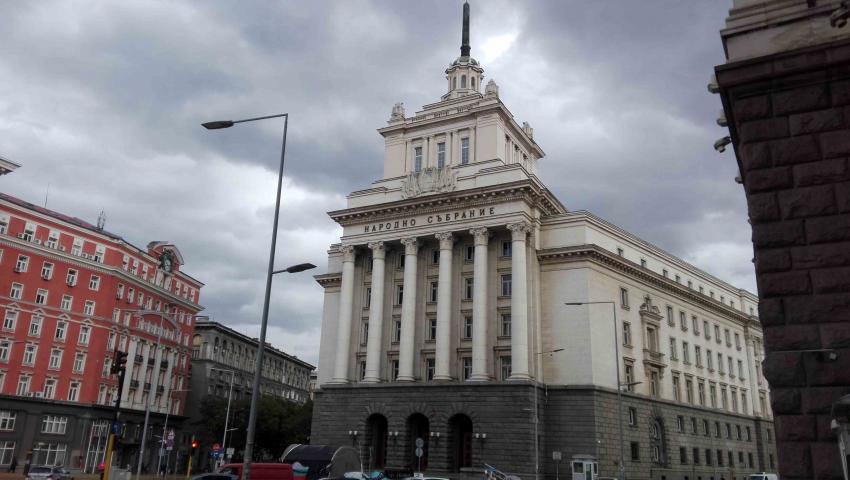Parliament approved at second reading the amendments to the Energy Act

The National Assembly approved at second reading the amendments to the Energy Act, which abolish the tenders for the reservation of cold reserve for electricity generation capacity.
The texts envisage the Electricity System Operator to provide the necessary reserves by concluding contracts for additional services on a market basis - after a tender.
The adopted changes also provide for producers with a total installed capacity of 500 kilowatts to 1 megawatt to enter the free market. In this way, in practice, additional liquidity capacities are provided on the stock exchange on the one hand and on the other hand the next stage is prepared for the entry into the market of consumers who currently fall into the regulated segment.
With the changes from January 1, 2021, the obligatory five percent contribution to the Electricity System Security Fund for the new RES projects is abolished.
At the beginning of the debate, Ramadan Atalay of the MRF again presented his earlier proposal for legal changes and described them as "serious energy reform". Yesterday, they were rejected almost unanimously during their discussion in the Energy Committee (they received support by only two votes). Among them was the proposal to drop NEK as a public supplier. We remind you that they also included settling in a completely new way the pricing of the electricity that the final suppliers sell to household consumers, as well as the acquisition of the same from the platforms on an organized stock market. Given the elimination of the role of the public supplier, changes were also envisaged in the Electricity System Security Fund with a new compensation mechanism, which, however, affects the final suppliers and, respectively, the consumers. Of Ramadan Atalay's proposals, the only thing left in the new legal changes is for "green hydrogen".
Subsequently, Atalay withdrew his proposals precisely because of the lack of support from the Energy Commission. The MP commented that by July 1, 2021 we must have full liberalization of the market, which motivates the proposal to drop NEK as a public supplier. We remind you that according to previous statements, full liberalization should take place in stages by 2025, and not by the date indicated by the MRF MP. In practice, the voted changes guarantee gradual liberalization.
Valentin Nikolov from GERB explained that really without full liberalization of the market, there will be no tenders for capacity. He pointed out that this is not the way to make these changes with proposals for changes between the first and second reading of the bill. Nikolov insisted on a wide public discussion.
Tasko Ermenkov from the BSP said that the proposals of the MRF are in line with the management policy of GERB in the field of energy. He said he was satisfied that the majority in this room had clearly embraced the idea that such reforms would be illegitimate at the end of the term.
The adopted provisions introduce a commitment to mark the so-called "Standardized load profile". Valentin Nikolov from GERB explained that with the introduction of this profile, all electricity distribution companies are obliged to indicate it in the invoices they send to their customers. According to him, depending on this profile, every consumer of electricity in Bulgaria will be able to choose a supplier. "This is another action aimed at liberalizing the market not only wholesale but also retail," he said.
The adopted texts expand the scope of financing from the "Electricity System Security Fund" of the obligors to AUER. Thus, they will be able to use credit resources to conclude energy efficiency contracts with consumers. As it is known so far, AUER did not have a mechanism to take into account the investments made, for example, by end suppliers to end-users. A procedure for concluding a framework agreement between the banks and the Electricity System Security Fund is now envisaged. For example, final suppliers will be able to learn bank loans for the implementation of energy efficiency measures and interest on them will be paid by the Fund.
"It will be possible to form a financial resource that will be invested in energy efficiency and renewable sources. All Bulgarian citizens will be able to benefit from this financial resource," said Nikolov, after which he specified that those interested will have to meet the requirements. defined in an ordinance of the Council of Ministers.
The adopted texts in the additional provisions define the term "green hydrogen" as: "hydrogen obtained by electrolysis or other technologies using renewable energy sources", as well as the term "interconnection gas pipeline". Valentin Nikolov summed up that this allows Bulgaria to meet its goals by 2030 related to decarbonisation and pointed out that our country is one of the few countries.
